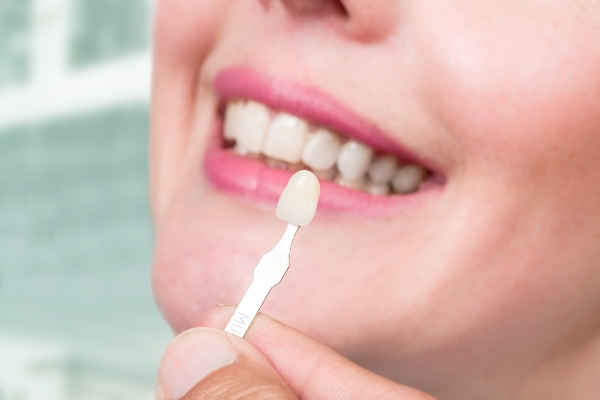 There are several options for replacing missing teeth, and the treatment that is best for you will depend on factors like lifestyle, budget, and dental health. A professional dentist can help you determine what option is appropriate for you.
There are several options for replacing missing teeth, and the treatment that is best for you will depend on factors like lifestyle, budget, and dental health. A professional dentist can help you determine what option is appropriate for you.
Options for replacing missing teeth include:
- Tooth-supported or implant-supported bridges
- Partial or complete dentures
- Dental implants
These options for replacing missing teeth have several key differences. When choosing how to replace your missing teeth, you should talk to your dentist about the following factors:
Lifestyle
Your hobbies and eating habits impact the suitability of each tooth replacement option. For example, a distance runner would benefit from a replacement that is more secure and won’t jostle out of their mouth when they run, like a dental implant. Dentures and bridges are still secure but are more suited for a person that lives a less active lifestyle.
Replacements
You should consider how often each of these dental implants needs to be replaced. With proper care, dental bridges last around ten years. Dentures last an average of seven years but must be removed from your mouth each day for proper cleaning. Implants do not need to be replaced.
Recovery time after surgery
Each of these options for replacing missing teeth also has a different recovery time associated with the procedure. Placing removable dentures does not require a surgical procedure and is minimally invasive. Placing a tooth-supported bridge does not require any implants; however, crowns will be added to the teeth on both sides of the gap. Implant-supported bridges, as well as dental implants, require surgery. During this surgery, screws are inserted into the jawbone to secure the replacement teeth. Thus, dental implants require the longest recovery time after surgery.
Amount of missing teeth
Dental bridges are used to replace a gap of missing teeth or multiple missing teeth in a row. While singular dental implants could feasibly be used to replace a gap of teeth, it would require multiple implants to be inserted into the jawbone. Dental implants are most commonly used to replace one or two teeth. Partial and complete dentures can replace more teeth than both bridges and implants. With complete dentures, a whole set of teeth can be replaced.
Cost
Dentures are the least expensive method for tooth replacement. Bridges are more expensive than dentures, and implants are the most expensive. However, since implants do not need to be replaced, implants may be the most economical option in the long term. If you are concerned about your budget for tooth replacement, consult your dentist.
Jawbone health
In order to receive a dental implant or implant-supported bridge, screws must be inserted into your jawbone. Thus, a patient must have adequate jawbone density to receive an implant. Patients that do not have enough jawbone or do not wish to receive surgery can still benefit from dental bridges and dentures.
Recent Posts
Options for replacing missing teeth are not just about aesthetics - they can restore your ability to chew effectively and avoid bone loss after teeth are gone. Toothless gaps can be filled by dental implants, bridges, or dentures, but if you're looking for more immediate results, there are other options for replacing missing teeth available…
With so many options for replacing missing teeth, tooth replacement may be intimidating. However, not replacing a decayed or missing tooth may have negative effects on your overall dental health. A dentist may recommend tooth extraction and replacement for several reasons. Although these procedures might sound daunting, they will help maintain your dental health for…
If you're considering your options for replacing missing teeth, you may want to know when you should make your decision. In short, as soon as you can. Now, this is not always an option nor available at a moment's notice.Depending on the route you go, you're going to have to wait to let things heal.…


